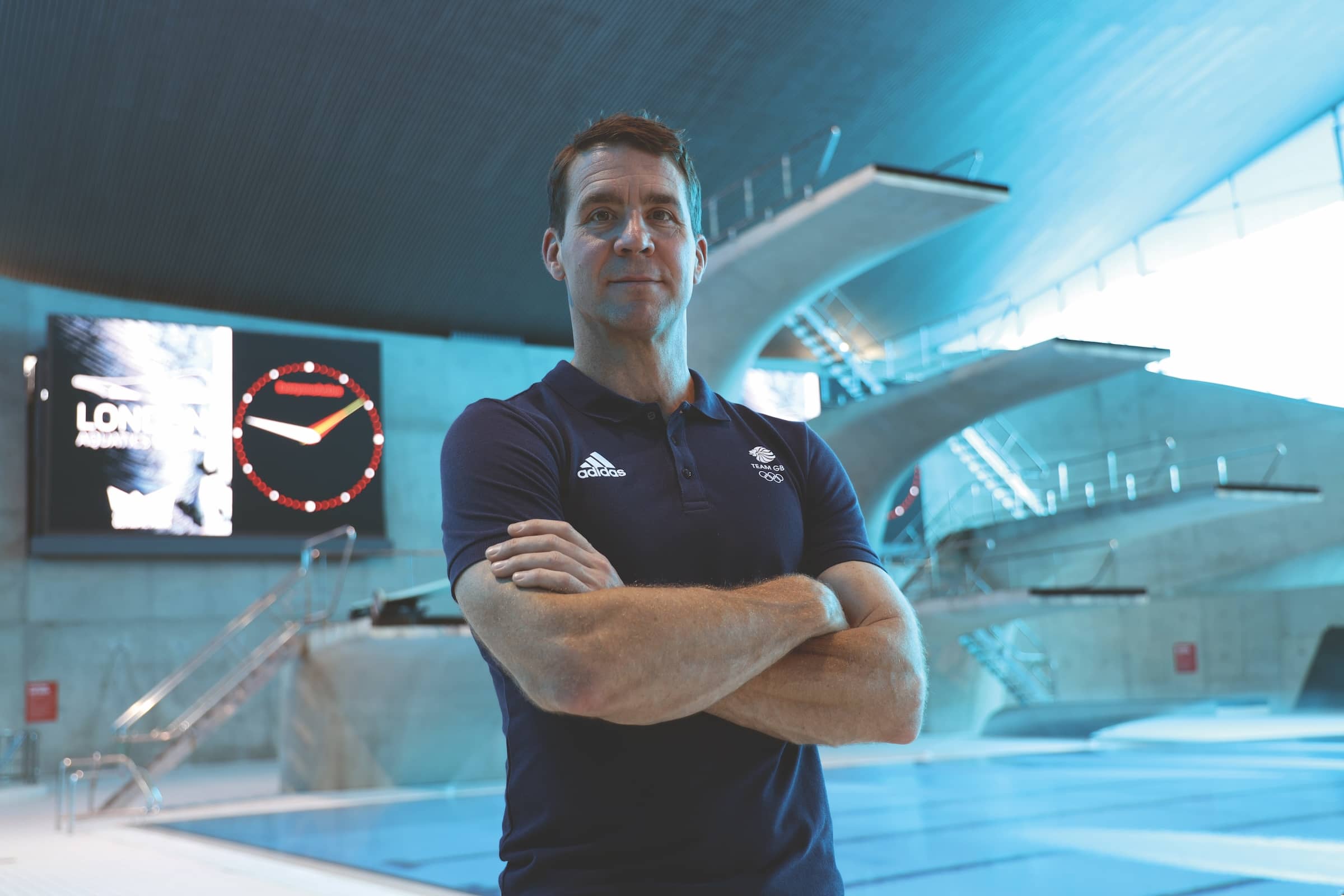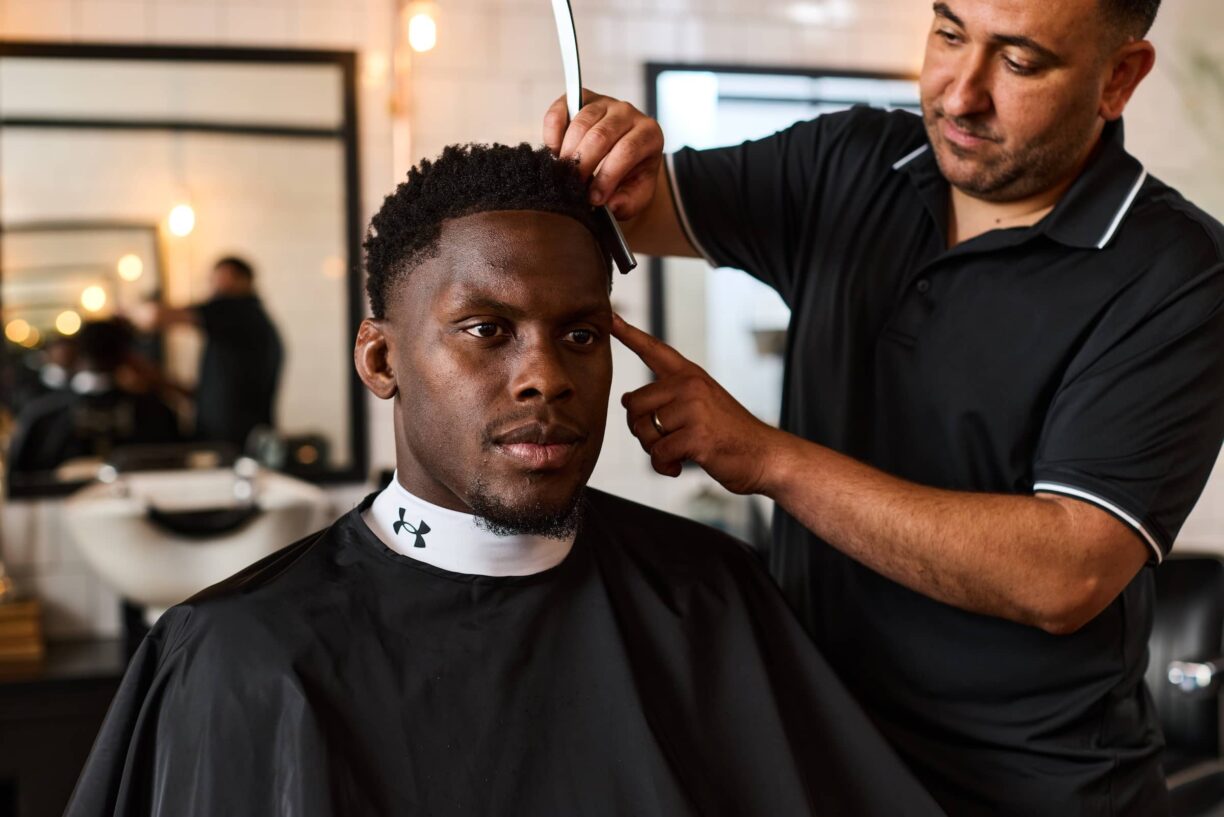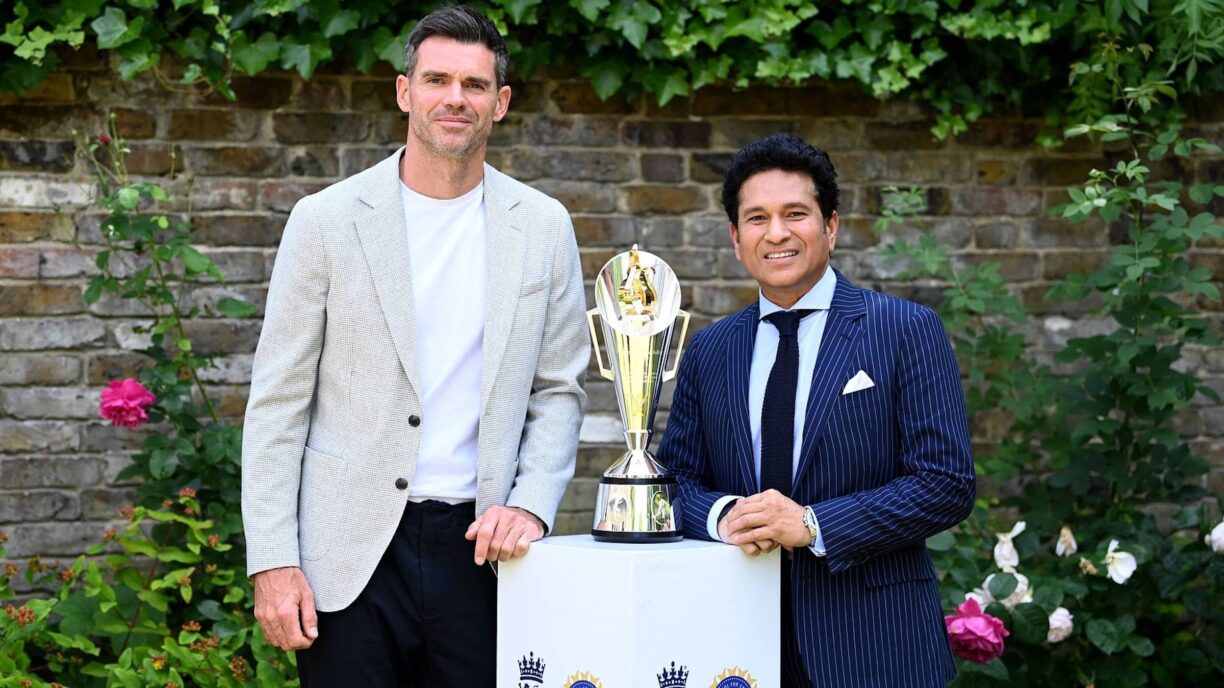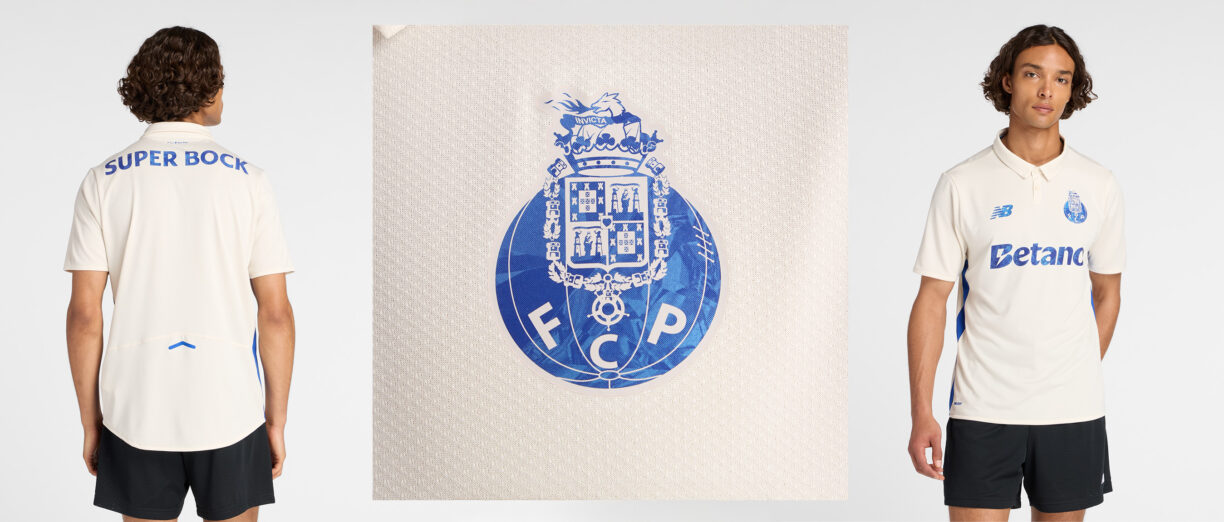In the bustling world of competitive sports, it’s easy for athletes to be consumed by their immediate goals.
However, Olympic silver medalist Leon Taylor is spearheading a vital shift with the “Beyond Gold” campaign, urging athletes to plan for their lives after sport.
Launched by Active IQ, the UK’s premier awarding organization for the active leisure, learning, and wellbeing sector, the campaign addresses a common oversight among elite competitors.
Athletes often dedicate upwards of 10,000 hours to training, potentially neglecting the academic and vocational training that forms the cornerstone of life post-competition.
Taylor, who retired at the average age of 34 for elite athletes, understands the challenges that come with transitioning from sport to a conventional career.
His own experience—earning a Higher National Certificate in Business and Finance and achieving Active IQ Level 2 and Level 3 qualifications in Strength Training and Personal Training—illustrates the campaign’s core message: it’s possible to prepare for a fulfilling second career while excelling in sports.
The “Beyond Gold” campaign doesn’t just prepare athletes for any future—it aims to equip them with qualifications that open doors to rewarding careers in sectors they are passionate about.
As Taylor notes, focusing solely on training can lead to burnout and mental strain. By integrating career development into their routines, athletes can maintain a healthier balance, benefiting their performance and personal growth.
Taylor’s involvement in the campaign is deeply personal. Reflecting on his career, he acknowledges the mental and physical toll of professional sports.
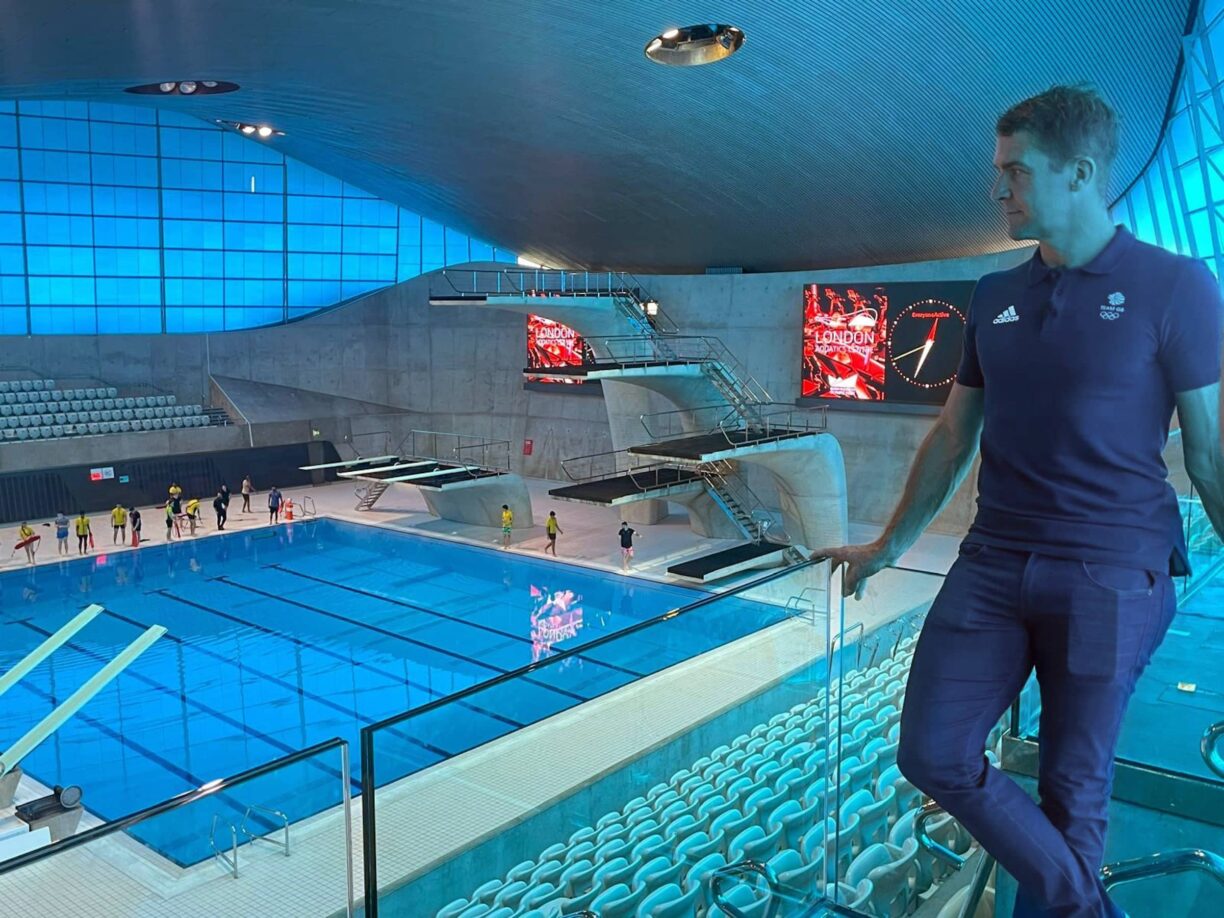
After multiple surgeries and chronic pain, the decision to retire was both a medical necessity and a mental relief.
Yet, the transition was daunting. His prior struggles with depression and mental health, exacerbated by injuries, underscored the importance of preparation.
Today, Taylor extends his influence beyond his own achievements, mentoring figures like Olympic gold medalist Tom Daley OBE and sharing his insights through writing.
His journey illustrates the dual path of achieving sporting excellence and building a sustainable future, encapsulated by the “Beyond Gold” initiative.
Active IQ supports this vision by offering a variety of Ofqual-recognized qualifications accessible through part-time and remote learning options, accommodating the demanding schedules of athletes.
The “Beyond Gold” campaign is more than a preparation for retirement; it’s a lifeline to athletes, providing them with the tools and knowledge to thrive in their careers and personal lives after the final whistle blows.
Leon Taylor comments: “It’s hard to think about, but every athlete knows that their elite career will come to a close. The realisation can be incredibly scary.
“You are a long-time retired, with many years where you want to be fulfilled and support yourself financially.
Things can change suddenly in sport, and athletes can find themselves in a tricky situation if they haven’t prepared for what comes next.
I want to get the conversation started, give the young athletes today the tools and information they need to equip themselves for a brilliant future.
“Qualifications from a recognised provider such as Active IQ are hugely important, they open doors and can lead to incredibly fulfilling careers in the sector that athletes love and have grown up with.”
Reflecting on the moment he knew his professional sporting career had ended, he said: “When you come to the end of your career, there’s always things at play. Either your body has had enough, or your mind has had enough.
“Luckily for me it was the former, so my body after four reconstructive shoulder surgeries and a worn-out disc in my lower back, which put me in chronic pain for the last six years of my career, the medical team who were looking after me and advising me and putting me back together, they showed me a red card. They said, right, you’re done.
“So, in some ways, it was liberating because I was suddenly not under the pressure and expectation that I was putting myself under and also incredibly scary, because then it’s like: ‘What am I going to do now?’ Unfortunately for me, because of my experience before I won my medal in Athens, I had a period of depression, mental health issues caused by the shoulder surgeries.
“It didn’t look like I was going to make it back to training and that was a huge reality check in many ways, because I realised I was underprepared for retirement.
And those realisations then actually helped me through the last four years of my career because I knew I was on borrowed time.”

